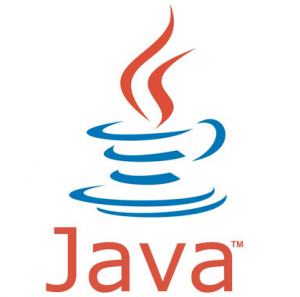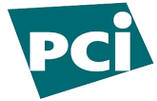
Java is a computer programming language used for a general purpose which is simultaneous, object-oriented, based on classes, and properly elaborated to include as less dependencies of implementation as possible. Its principal advantage is it allow application developers to “write once and run anywhere”, basically it means that compiled Java code can be launched on different platforms which cooperate with Java, and it doesn’t require you to recompile the code. Java apps are generally compiled to bytecode which can be run on diverse Java virtual machine (JVM) despite their computer architecture. In 2015, Java is considered to be one of the leading languages, peculiarly for client-server web-apps, besides it counts approximately 9 million developers involved in working with Java. Originally, the language was invented by James Gosling at Sun Microsystems and introduced in 1995 as the main component of Java platform. In fact, a part of its syntax is derived from C and C++, however, it is much better developed. Below, we will tell you about core Java principles, the best CMS, and key requirements. Continue Reading










 If your business requires accepting credit cards, and we know that every
If your business requires accepting credit cards, and we know that every